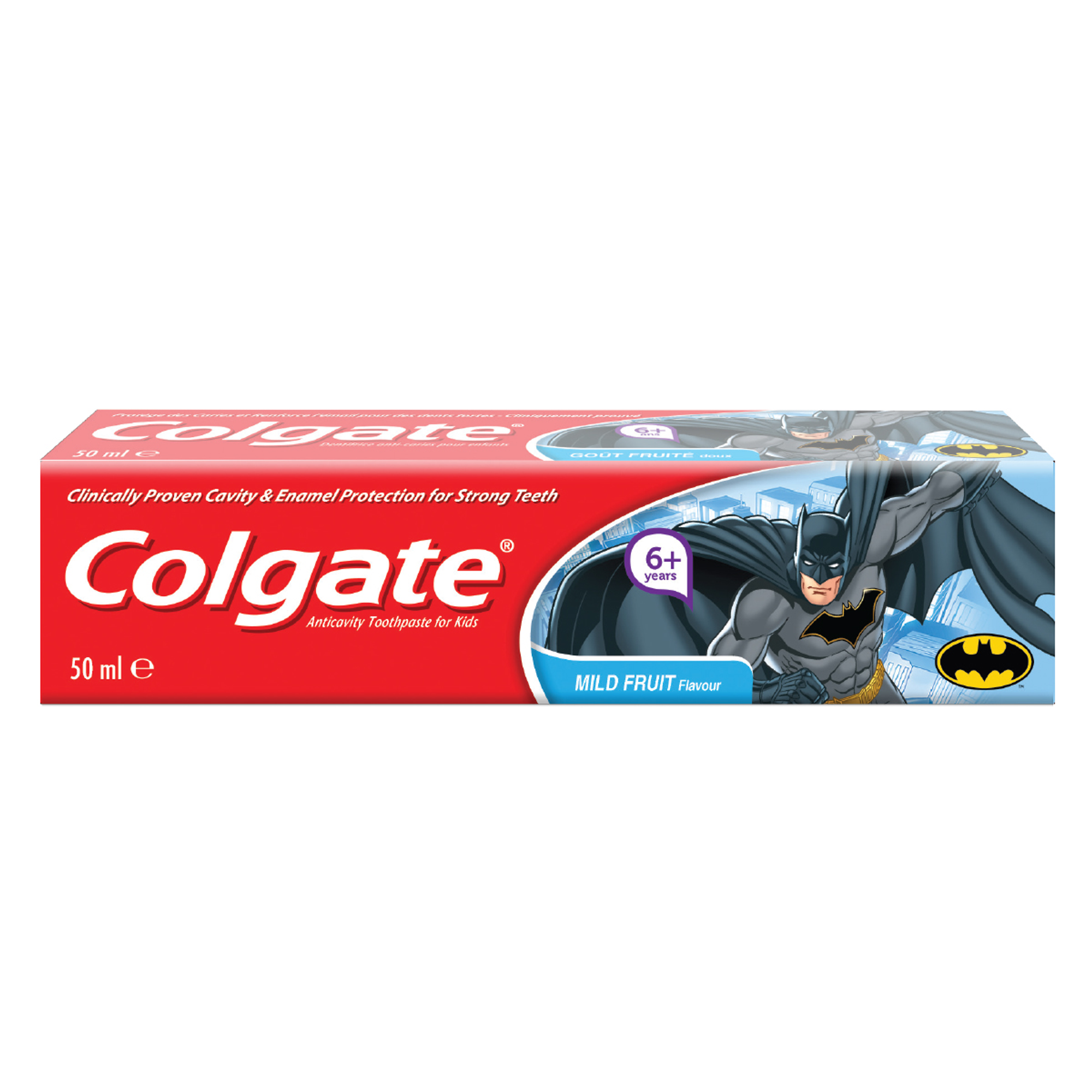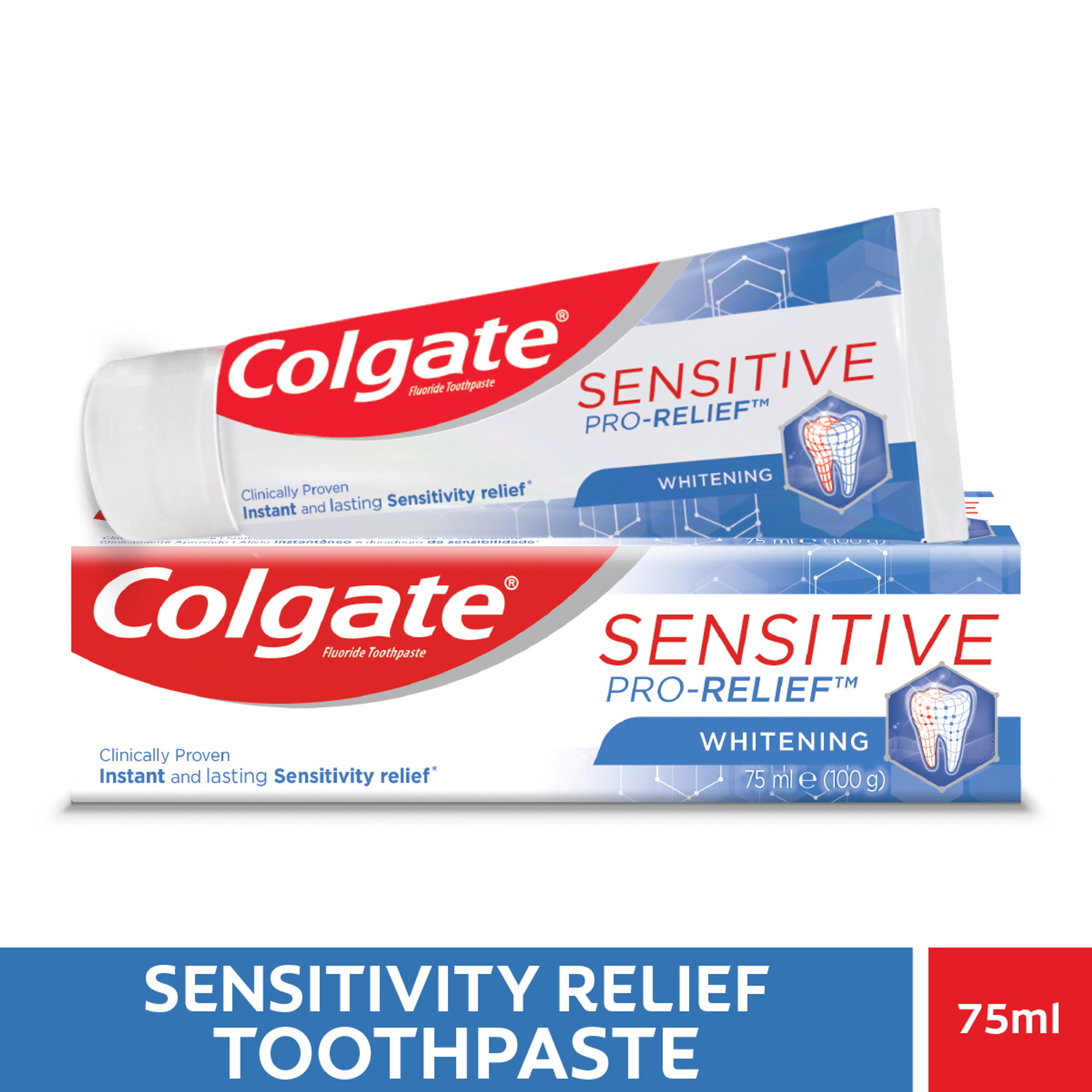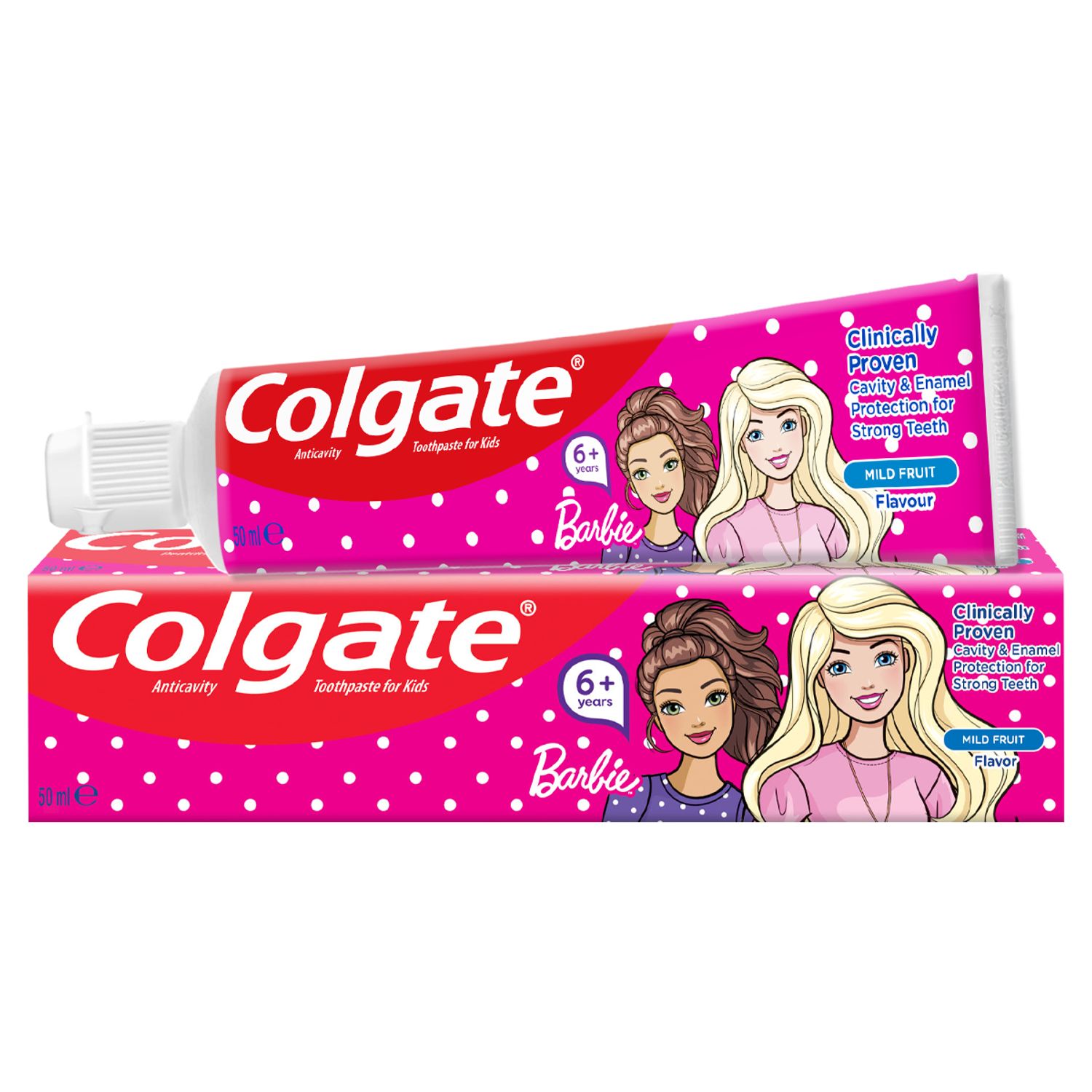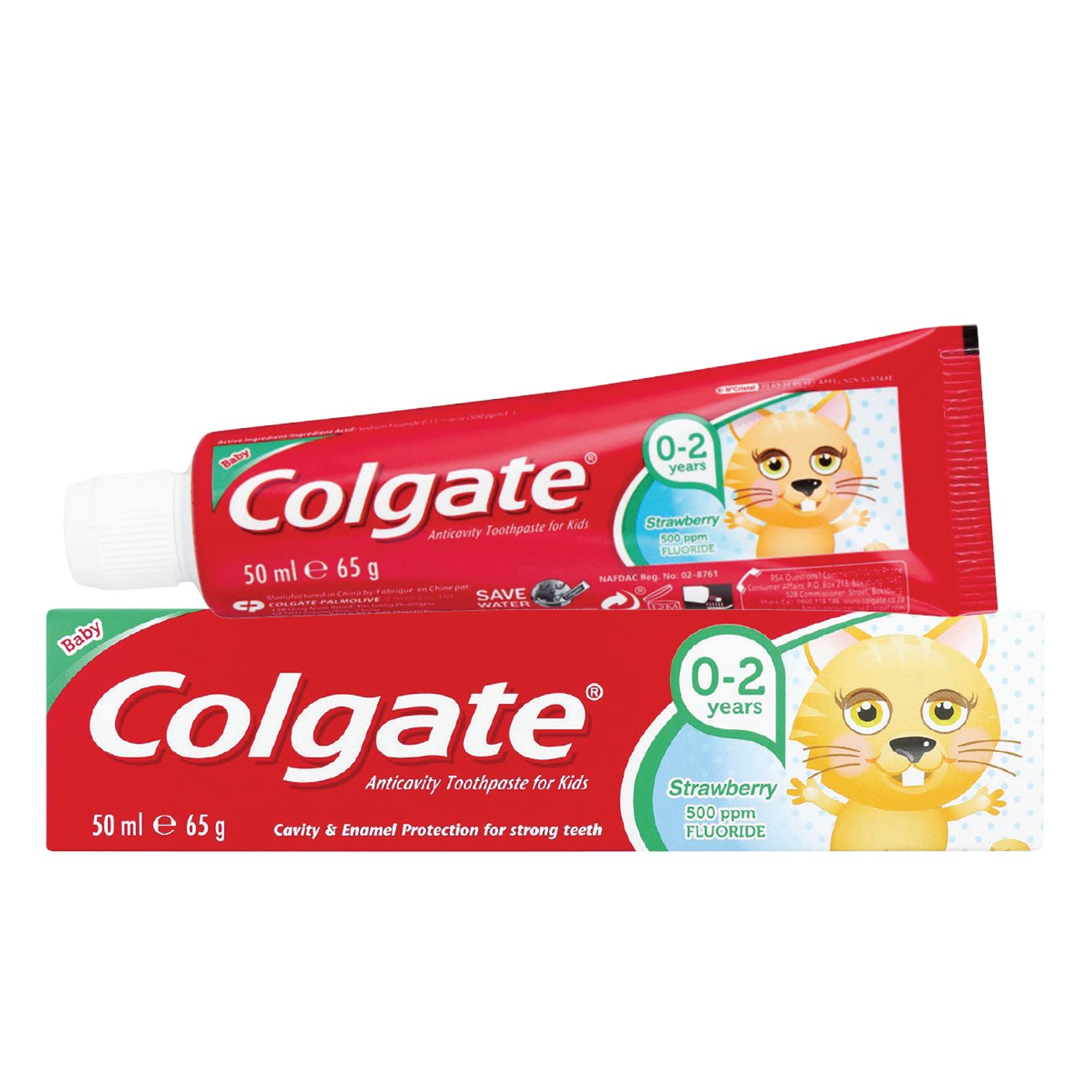-
-

CAVITIES
Can You Heal A Cavity At Home?You feel a sharp pain when you bite down or try to eat. You think it's a cavity, but you're not 100 percent sure...

BAD BREATH
How To Cure Bad BreathMore commonly known as bad breath, halitosis is an embarrassing hygiene issue that nobody wants, but some of us get every now and then...
-
Science & Innovation
- Colgate® | Toothpaste, Toothbrushes & Oral Care Resources
- Oral Health
- Bruxism in Children: Causes, Signs & Treatment


Bruxism, or teeth grinding, can be a serious dental concern if this clenching and gnashing erodes your strong but finite tooth enamel. Bruxism in children is rather common, believe it or not. Here's what you need to know about bruxism and what you can do for your child.
Causes of Bruxism
Two to three out of 10 children have bruxism,but most will eventually outgrow the condition. It isn't clear what exactly causes bruxism, although misaligned teeth is one likely culprit. Some children may grind their teeth when they are in pain, whereas others may do it as a way to relieve anxiety or stress. Teeth clenching and grinding can also come from hyperactivity, cerebral palsy, or even be a reaction to common medications.
Bruxism primarily causes headaches, earaches, facial pain and jaw problems, but watch your kids to keep them from chipping teeth or wearing down their tooth enamel. It's vital to know whether your child has the condition, even if they still have their primary teeth.
Finding Out If They Have It
Determining if your child has bruxism can be tricky, because the child often doesn't realise he or she is grinding at all. Check in on them at night to discover whether they make grinding noises while asleep, or ask a sibling who shares the room with them. If your child complains of a sore jaw, or pain when chewing, these can also signal bruxism.
Is he or she particularly worried or angry about anything? If these emotions coincide with the sound of teeth grinding while they sleep, it's time to pay attention. Children experience a lot of anxiety in general, and you may need to address the root cause through other medical treatment or stress-relieving interventions, like a warm bath or soothing music before bedtime.
What to Do Next
If you believe your child has bruxism, schedule a dental check-up for a proper diagnosis and further treatment. Your dentist may even order a custom mouth guard for night wear to prevent grinding and the residual soreness. Available to children over the age of 6 years, battery-powered toothbrushes can defend their teeth further by discouraging an overly aggressive brushing style.
Bruxism in children as a result of stress can be prevented by taking special care to help yours deal with it appropriately. The good news is that most children eventually grow out of the tendency, but it doesn't hurt to make that dentist appointment to first diagnose the problem, allowing you to then treat it to the best of your ability.
Related Products

Helping dental professionals
More professionals across the world trust Colgate. Find resources, products, and information to give your patients a healthier future











